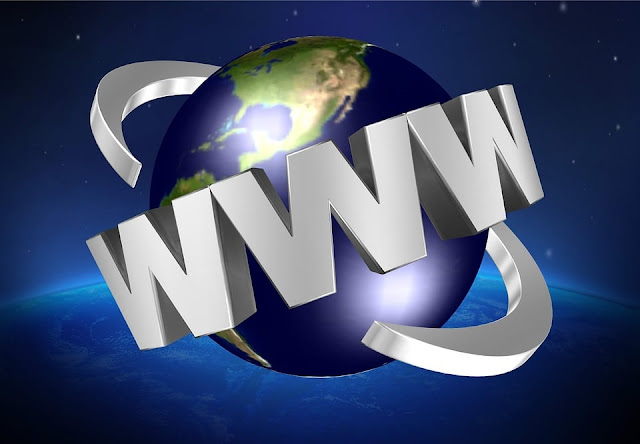The internet is an incredibly versatile tool, and its uses are vast and diverse. Here are the top ten things you can use the internet for:
Information and Research: The internet is a vast repository of information. You can use it to research virtually any topic, from academic subjects to DIY projects.
Communication: The internet enables various forms of communication, including email, instant messaging, social media, and video conferencing, allowing you to stay connected with friends, family, and colleagues worldwide.
Online Shopping: E-commerce has revolutionized the way we shop. You can buy a wide range of products and services online, from clothing and electronics to groceries and digital downloads.
Entertainment: The internet offers a plethora of entertainment options, including streaming movies, TV shows, music, online games, and interactive content.
Education and Online Courses: Many educational institutions and platforms offer online courses, making it easier than ever to acquire new skills or earn degrees and certifications from the comfort of your home.
Social Networking: Platforms like Facebook, Twitter, Instagram, and LinkedIn allow you to connect with people, share updates, and build your professional network.
Work and Remote Collaboration: With the rise of remote work, the internet is essential for tasks like working from home, collaborating with colleagues using tools like Slack or Microsoft Teams, and accessing cloud-based productivity software.
News and Information Updates: Stay up-to-date with current events and news from around the world by accessing news websites, blogs, and digital publications.
Entertainment Streaming: Services like Netflix, YouTube, Spotify, and others provide on-demand access to a vast library of movies, TV shows, music, and user-generated content.
Financial Services: Manage your finances, including online banking, investment, and payment services like PayPal or Venmo, securely over the internet.
These are just a few of the many ways you can use the internet to enhance your personal and professional life. The Internet's versatility continues to grow as technology evolves, providing even more opportunities and applications for users.
When the internet is not available, you may face limitations in accessing online resources and services, but there are still many activities and tasks you can accomplish offline. Here are some things you can do when you don't have internet access:
Read Books or Magazines: Offline reading materials like physical books, magazines, or e-books downloaded to your device are great options to keep yourself engaged and informed.
Play Offline Games: Many video games and mobile apps have offline modes or can be played without an internet connection. You can enjoy single-player games, puzzles, or offline multiplayer games with friends.
Listen to Music and Podcasts: Download your favourite music or podcasts to your device before going offline. You can enjoy them without needing an internet connection.
Watch Downloaded Videos: If you've downloaded movies, TV shows, or videos to your device in advance, you can watch them offline.
Write or Work on Documents: Create, edit, or draft documents, spreadsheets, and presentations using software like Microsoft Office or Google Docs, which often allow offline access.
Explore Offline Maps: Many navigation apps, like Google Maps, allow you to download maps for offline use, which can be helpful when you're travelling or in areas with limited connectivity.
Engage in Creative Hobbies: Use your downtime to engage in offline creative activities like drawing, painting, knitting, or crafting.
Exercise and Outdoor Activities: Go for a walk, run, bike ride, or engage in other outdoor activities to stay active and enjoy nature.
Cook or Bake: Try out new recipes or cook your favourite dishes without relying on online cooking tutorials.
Learn New Skills: Work on hobbies or skills that don't require internet access, such as learning to play a musical instrument, practicing a sport, or improving your cooking skills.
Socialize Offline: Spend quality time with family and friends through face-to-face interactions, board games, or outdoor gatherings.
Plan and Organize: Use offline tools like notebooks, planners, or physical calendars to plan your schedule, set goals, and organize your tasks.
Meditate or Practice Mindfulness: Take some time to relax and practice mindfulness or meditation techniques to reduce stress and improve mental well-being.
Explore Nature: Spend time outdoors, whether it's hiking, camping, or simply enjoying a picnic in a park.
Engage in DIY Projects: Tackle do-it-yourself projects around the house or work on home improvement tasks.
Remember that while the internet offers a wealth of information and services, there are many enjoyable and productive activities to pursue offline as well. Embracing these activities when the internet is unavailable can provide a welcome break from the digital world and offer a chance to focus on different aspects of your life.


No comments:
Post a Comment